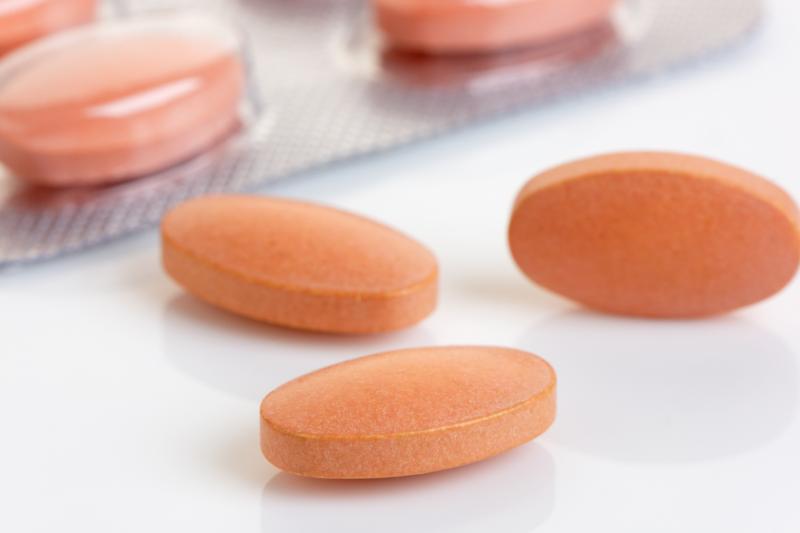
Treatment with lovastatin appears to have neither anti-inflammatory nor clinical effects on rheumatoid arthritis (RA) disease activity, although it produces a modest reduction in C-reactive protein (CRP) in patients not using biologics, according to the results of a phase II study.
The trial randomized 64 adult RA patients with mild disease activity but elevated CRP levels to receive either two 40-mg lovastatin tablets orally once daily or matching placebo for 12 weeks. Researchers measured the effect of treatment on mean log CRP as the primary endpoint.
Baseline characteristics were similar between the two treatment groups. Likewise, there was no significant between-group difference in the primary endpoint; lovastatin and placebo yielded similar reductions in mean log CRP.
Results for disease activity also did not significantly differ between the two treatment groups. Mechanistic analyses did not reveal substantial changes in titres of both rheumatoid factor and anticyclic citrullinated peptide antibodies.
In a posthoc analysis of patients not using biologic therapy, the group of those who were treated with lovastatin achieved a ≥20-percent decrease in CRP from baseline compared with the group treated with placebo (p-value=0.007). This difference was not observed among patients receiving biologics.
Lovastatin was well tolerated with no serious safety concerns.
The present data suggest that lovastatin may be anti-inflammatory in mild RA patients not treated with biologics, the researchers said.